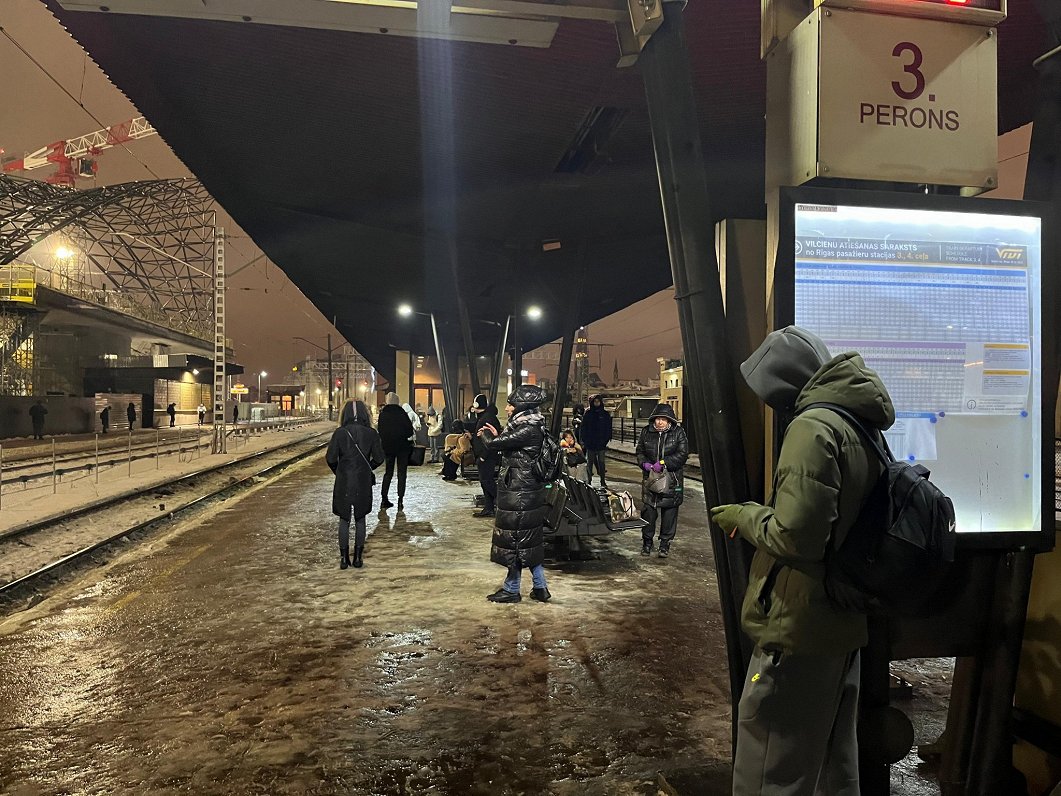Until now, the board of Vivi had Sandis Šteins, who was chairman of the Council, as well as Inta Liepa and Imants Paeglītis.
Explaining the decision to leave the posts, in a statement to the media, Šteins pointed to the crisis surrounding the new electric trains. According to him, responsibility for dealing with this crisis goes beyond the powers of the Vivi council: “Starting with a long-neglected railway infrastructure - power grids, tracks, and platforms not tailored to use the new electric trains, and continuing with a dysfunctional passenger notification system at stations and on platforms.”
He said that in the first three weeks of January alone, 26 A-level faults had been detected on new electric trains, which prevented further operation of the trains, but the compliance of such trains with the requirements had been certified by the certifying body before the electric trains were placed on the market.
“Even after repeated requests, no funding was granted for the renewal of the rolling stock, making it impossible, in times of crisis, to replace defective trains in order to ensure the performance of passenger transport functions to the required extent. A significant proportion - nearly half - of rolling stock is still nearly 50 years old,” Šteins noted.
Members of the Pasazieru Vilciens Council believe that the consequences and inconveniences of the crisis caused by the defects of the new electric trains of “Škoda Vagonka” can be eliminated only by co-operation with the Ministry of Transport, the State JSC “Latvian Railways”, the Road Transport Administration Directorate, as well as the State Railway Technical Inspectorate, clearly dividing the responsibilities and performing the functions entrusted to them in good faith.
“Co-ordinating such co-operation to mitigate and prevent the consequences of the crisis is beyond the scope of the Council's mandate, and with the tools at the Council's disposal, mitigating and preventing the consequences of the crisis is not possible, so we are resigning from the positions of Council members,” Šteins said in a statement.
Meanwhile, Transport Minister Kaspars Briškens promised a full external audit on social network “X” to assess the procurement process of the new trains, including preparation of the technical specifications, acceptance of trains, commissioning and responsibilities of those involved.
Temporary Council members are expected to be appointed on Thursday January 25, but a bid for Council posts is due to be launched in the near future.






























